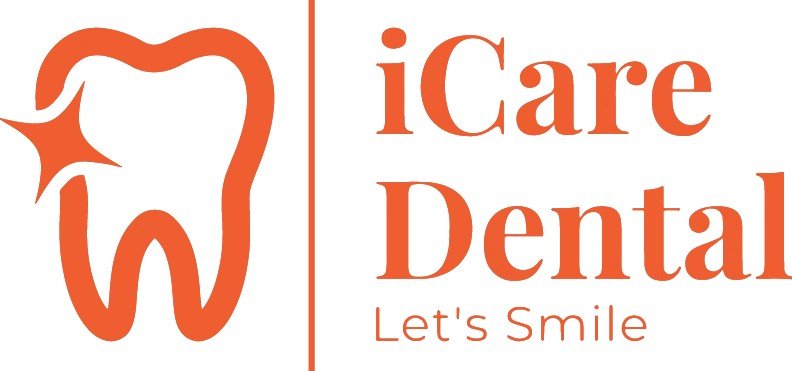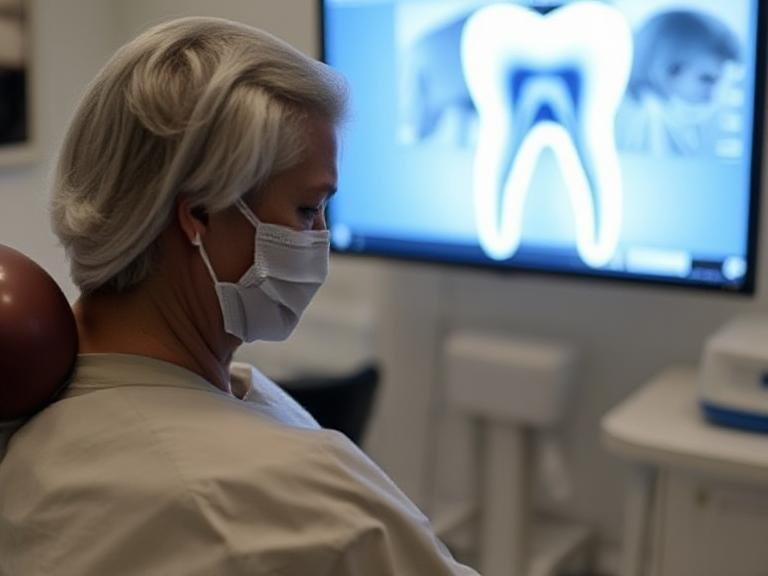Wisdom tooth Removal is a normal dental method, mainly for teens and young adults. Although the method itself is recurring, most patients are concerned about the ache that could arise after an expert tooth extraction. At iCare Dental, we believe informed patients heal better and heal faster. This is why we put together this complete guide on a few things that will help you understand everything you need to know about your pain after surgery; how long it will last, what to expect, and how to manage your post-operative pain with success.
1. What Are Wisdom Teeth?
Wisdom teeth, or third molars, are the best set of molars to develop in most people between the ages of 17 and 25. Most people with wisdom teeth will develop at least one with some developing all four. Some people may have no problems with their wisdom teeth. However, for many people there are issues with wisdom teeth like impacted wisdom teeth, overcrowding, or infections.
2. Why Is Wisdom Tooth Extraction Necessary?
There are many reasons to extract wisdom teeth. They can include:
- There are many reasons to extract wisdom teeth. They can include:
- the tooth is impacted (stuck in the jawbone or gums)
- there is not enough room in the mouth
- the teeth were angled as they were coming in
- cysts or infections developed around the tooth
At iCare Dental, our experienced dentists in Croydon assess every case individually to determine the safest and most effective treatment plan.
3. What to Expect After Extraction
It is common to experience a few aches, swelling, bruising, and moderate bleeding after your wisdom teeth have been removed. This is a part of the ordinary healing method. The intensity of your discomfort will differ according to the following factors:
- The complexity of the extraction
- If the tooth was impacted
- Your body’s healing response
4. How Long Does Pain Last After Tooth Extraction?
General Answer:
Pain after the wisdom tooth removal typically lasts 3 to 7 days with the majority of discomfort lasting 48 to 72 hours. Some tenderness may long up to 2 weeks
Common Timeline:
- Day 1–3: Moderate to excessive pain, swelling and ache. Prescription pain medicine or over-the-counter ache consolation will normally be crucial.
- Day 4–7: Pain will start to subside and swelling will diminish. Most patients can resume light duty.
- Day 7–14: Minor soreness can also persist, especially at the extraction site.
- After 2 weeks: Pain should be mild or resolved. Lingering signs and symptoms can also mirror a complication.
5. Pain Timeline: Day-by-Day Healing
Let’s break down what typical post-op pain looks like day-by-day:
🗓 Day 1:
- Pain and swelling peak.
- Bleeding may occur.
- Use cold compresses and pain medication.
🗓 Day 2–3:
- Soreness continues but starts decreasing.
- Difficulty eating and talking.
🗓 Day 4–5:
- Noticeable improvement.
- Switch from cold to warm compress if needed.
🗓 Day 6–7:
- Pain should be manageable.
- You can begin eating soft foods comfortably.
🗓 After One Week:
- Any sharp or worsening pain may indicate an issue (like dry socket).
Ear Pain 1 Week After Wisdom Tooth Removal
Experiencing ear pain 1 week after wisdom tooth removal is fairly common. This happens because the nerves and jaw muscles near the extraction site are connected to the ear. Mild ear discomfort at the one-week mark is normal, but sharp, increasing, or throbbing ear pain may indicate dry socket or infection and should be checked by your dentist.
Tooth Extraction Pain After 7 Days — What’s Normal and What’s Not
By the seventh day after your wisdom tooth removal, most patients notice a major reduction in pain and swelling. Mild tenderness, stiffness when opening your mouth, or slight sensitivity at the extraction site are still considered normal as your gums and tissues continue to heal. However, if your pain suddenly worsens, feels sharp or throbbing, or radiates to your ear or jaw, this may signal a complication such as a dry socket or infection. At iCare Dental, we advise scheduling a quick post-operative check if pain persists beyond one week or increases instead of improving. Early attention ensures faster healing and prevents more serious dental issues.
6. Signs of Normal vs. Abnormal Pain
Normal Pain:
- Throbbing discomfort near the extraction site
- Soreness when chewing or opening the mouth
- Dull ache that fades over time
Abnormal Pain (Seek Dental Help):
- Sharp, severe pain after Day 4
- Foul taste or odor from the extraction site
- Fever, chills, or pus
- Numbness that doesn’t go away
- Pain radiating to ear or jaw
These symptoms indicate dry socket, infection, or nerve injury—conditions that require prompt treatment.
7. Tips to Manage Pain After Wisdom Tooth Surgery
At iCare Dental, we propose the following post-operative care suggestions:
Pain Management:
- Take prescribed medications as directed.
- Use OTC pain relievers like ibuprofen or acetaminophen.
Reduce Swelling:
- Apply ice packs for 20 mins on/off during the primary 24 hours.
Diet Tips:
- Eat soft, cool ingredients: yogurt, smoothies, mashed potatoes, applesauce.
- Avoid straws and hot drinks for three–five days.
Oral Hygiene:
- Rinse gently with hot salt water after 24 hours.
- Avoid brushing without delay at the surgical site.
8. When to Call Your Dentist
Contact iCare Dental immediately if you experience any of the following:
- Severe pain after 3 days
- Excessive swelling that doesn’t subside
- Signs of infection (fever, pus, foul odor)
- Difficulty breathing or swallowing
- Numbness or tingling that persists
Prompt care can prevent complications and speed up your recovery.
9. FAQs About Wisdom Tooth Pain
Is it normal to have jaw pain after wisdom tooth extraction?
Yes, jaw discomfort is common, especially if the approach involves stretching the mouth big or affects a tooth.
How can I tell if I have a dry socket?
Symptoms encompass excessive ache beginning three–five days publish-surgical procedure, terrible breath, and a visible empty socket.
Can pain return after it goes away?
If ache returns after subsiding, it may indicate infection or dry socket. Call your dentist promptly.
Can I take painkillers long-term?
You should only take medication as prescribed. Long-term use should be discussed with your dentist.
10. Final Thoughts:
Everyone’s pain tolerance and restoration experience are one of a kind. While the average recovery time is around every week, don’t be discouraged if your healing takes a chunk longer.
At iCare Dental, our mission is to offer you with safe, compassionate, and amazing care—before, for the duration of, and after your expertise tooth extraction. If you’re experiencing pain that issues you, by no means hesitate to attain it.





